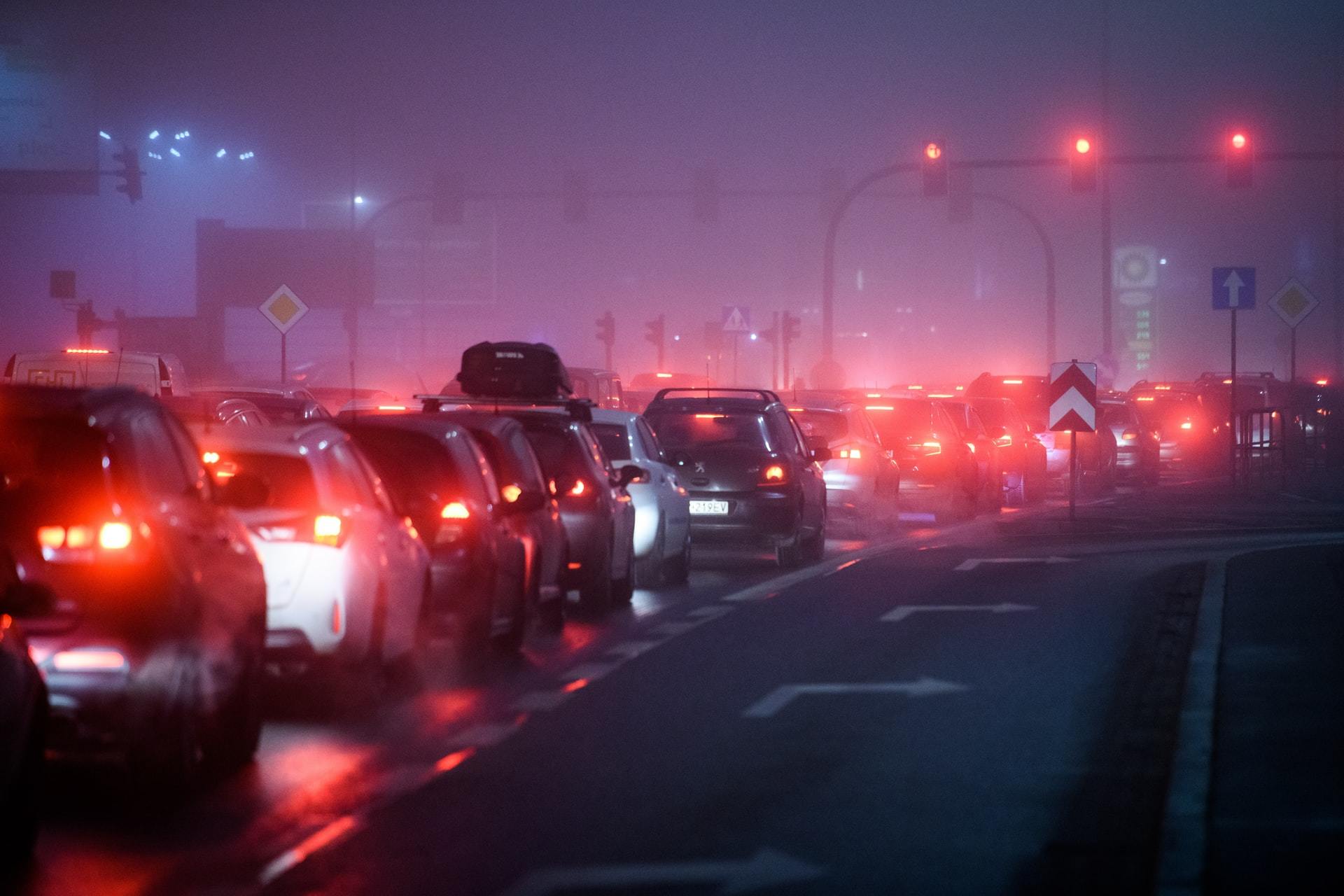
There is a reason why we return to poetry in times of crisis: when someone dies, or is born, when we fall in love. Poetry triggers us in different ways to prose, via musicality and rhythm as well as imagery and narrative. And it’s wonderfully insidious. It operates in ways that can bypass conscious awareness – we can’t ignore it as we might ignore a fact-based message. Poetry lingers for longer too, and can rouse us in unexpected and unsettling ways.
It follows that poetry might offer a unique contribution to our understanding of the environmental crisis we are facing.
As I reviewed the accepted facts about species extinction, carbon burning, climate warming, I asked myself why so many people still haven’t yet grasped these urgent messages. Perhaps facts and journalism, data and documentaries, aren’t enough. Perhaps the approach needs to be more nuanced. Perhaps we need to develop additional methods of communicating these crucial issues, using language in ways that will affect readers on a deeper level. This logic made me wonder how I could contribute to the conversation.
Soon after writing my ‘green’ Agenda article for Mslexia (Issue 86), which explored how the publishing industry was engaging with environmental concerns, I started to develop the idea for an anthology of poetry about these issues. But it had to be an anthology of ecopoetry – as opposed to nature poetry – that would celebrate our planet whilst also responding to the multiple crises it’s facing. I was clear about this when I proposed the project to Valley Press, and then to potential contributors.
Nature poetry tends to be about standing back and admiring the world, as if the poet were on a cliff, marvelling as the waves swell against the rocks below. There’s a sense of hierarchy, that humans are at the apex, observing the natural world from a distance, albeit accompanied by aesthetic appreciation or romantic wonder.
Ecopoetry is, in some ways, the antithesis of this. Successful ecopoems are urgent and active, and entail a sense of connectedness and responsibility. They demonstrate – and demand that we consider – the ripple effects of what we have done, and continue to do, as a part of much larger ecosystem. Unlike nature poems, issues of justice are often integral to ecopoetry – and idealism is called upon only in images of a future we might aim towards.
The anthology I eventually published – Out of Time - Poetry from the Climate Emergency – is structured around the number 50. There are 50 poems in five sections, and 50p of every sale goes to support Friends of the Earth’s 50th anniversary.
With just 50 poems there was no way the anthology could be comprehensive, of course, and it was incredibly difficult to make the selections. Ideally I would have opened up the anthology to submissions from any poet, including translations of poems from many different languages – but these are ideas for future projects…
I started the curation process by reading a lot of individual collections, pamphlets and magazines, talking to a lot of poets, and doing a great deal of additional research into environmental issues beyond poetry. I began with a list of people whose work I had already noticed and admired, and poets with a foothold in eco-activism, and worked outwards from that core group. It was important for me to include a mix of perspectives: individuals who would call themselves ecopoets as well as those who would not.
Beyond these selections, I tried to make the reading experience itself as rich as possible: the poems are sequenced to take the reader on a journey. Each piece speaks to the next in terms of imagery, rhythm and voice. It is, I hope, a form of literary activism: using the medium of poetry as a way of understanding how we are all connected to, and by, this crisis.
Out of Time: Poetry from the Climate Emergency, edited by Kate Simpson (Valley Press) is out on 8 July. An autumn PBS Special Commendation, it features Mslexia's ‘Poems for the Planet’ curator and NCLA’s Climate Writer in Residence Linda France, Daisy Lafarge (interviewed in issue 90), Mslexia Salon surgery guest Rebecca Tamás, and our 2020 Poetry Competition judge Karen McCarthy Woolf – plus many other wonderful poets, of course!
Friends of the Earth: Valley Press are donating 50p from every purchase to Friends of the Earth, who celebrate their 50th anniversary this year.
Kate Simpson has a BA in English with Creative Writing from the University of Nottingham, and an MA in Creative Writing from Newcastle University. After a stint as an intern at Mslexia, she started as an Editorial Assistant at Aesthetica magazine and is now its Associate Editor. She is also Editor at Large for Valley Press.

